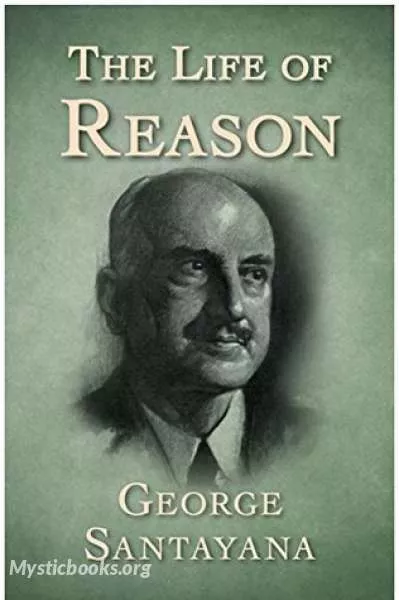
The Life of Reason
'The Life of Reason' Summary
The work is considered to be the most complete expression of Santayana's moral philosophy; by contrast, his later magnum opus, the four-volume The Realms of Being, more fully develops his metaphysical and epistemological theory, particularly his doctrine of essences. Santayana's philosophy is strongly influenced by the materialism of Democritus and the refined ethics of Aristotle, with a special emphasis on the natural development of ideal ends.
The Life of Reason is sometimes considered to be one of the most poetic and well-written works of philosophy in Western history. To supply but a single example, the oft-quoted aphorism of Santayana's, "Those who cannot remember the past are condemned to repeat it," may be found on p. 284 of Reason in Common Sense.
In 1951, near the end of his life, Santayana engaged himself in the weighty task of producing a one-volume abridgment of The Life of Reason at the urging of his editor at Scribner's, with the assistance of his friend and student, Daniel Cory. As Cory writes in the volume's preface, in addition to excising prolixities and redundancies from the book, "a sustained effort was made to dispel those early mists of idealism from the realistic body of his philosophy, and to make clear to the reader that our idea of a natural world can never be that world itself."
Book Details
Language
EnglishOriginal Language
EnglishPublished In
1910Authors
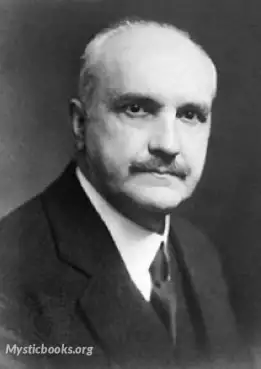
George Santayana
Spain
Jorge Agustín Nicolás Ruiz de Santayana y Borrás, known in English as George Santayana, was a philosopher, essayist, poet, and novelist. Originally f...
Books by George SantayanaDownload eBooks
Listen/Download Audiobook
- Select Speed
Related books

Favole di Jean de La Fontaine: Libro 04 by Jean de La Fontaine
Nei 12 volumi delle "Favole" (1669 - 1693) Jean de La Fontaine rinnovò la tradizione esopica, rappresentando la commedia umana. Quest'opera dimostrò i...
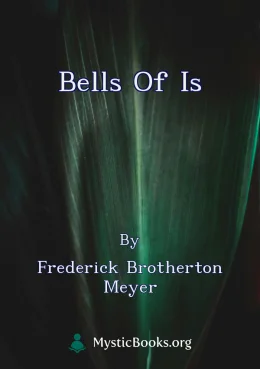
Bells of Is by Frederick Brotherton Meyer
Frederick Brotherton Meyer's memoir, 'Bells of Is,' is a collection of sermons and essays that explore the depths of the human soul and the transforma...
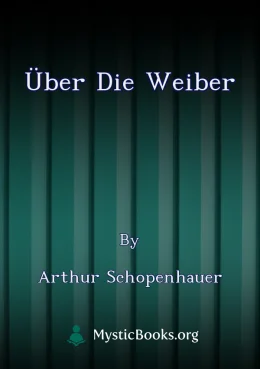
Über die Weiber by Arthur Schopenhauer
In diesem vielzitierten Essay aus dem Jahre 1851 ist Schopenhauers generell herablassende Einstellung zu Frauen zusammengefaßt. Frauen, laut Schopenha...
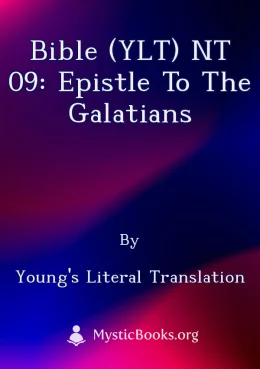
Bible (YLT) NT 09: Epistle to the Galatians by Young's Literal Translation
The Epistle to the Galatians is a letter written by the Apostle Paul to the churches in the Roman province of Galatia. It is believed to have been wri...
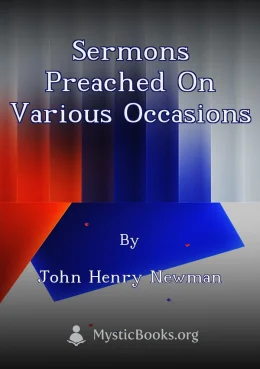
Sermons Preached on Various Occasions by John Henry Newman
This collection of sermons by John Henry Newman, who later became a Catholic cardinal, explores the intersection of reason and spirituality, offering...
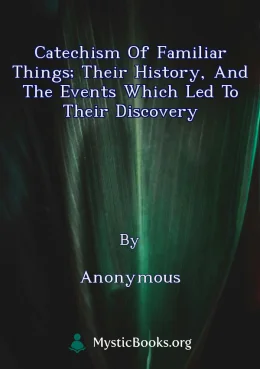
Catechism of Familiar Things; Their History, and the Events Which Led to Their Discovery by Anonymous
This book, a reprint of a successful English publication, has been so enlarged as to be to all intents and purposes new. It has been carefully revised...

National Geographic Magazine Vol. 10 - 12. December 1899 by National Geographic Society
This volume of the National Geographic Magazine includes articles on polar and Alaskan expeditions, meteorological observations, place names in Canada...
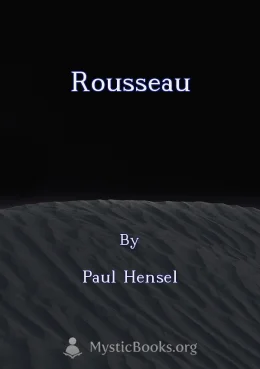
Rousseau by Paul Hensel
In diesem Buch beleuchtet Paul Hensel Leben und Werk des einflussreichen Denkers Jean-Jacques Rousseau. Es bietet einen umfassenden Überblick über Rou...
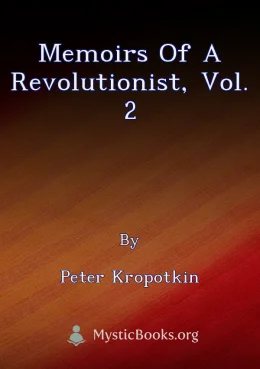
Memoirs of a Revolutionist, Vol. 2 by Peter Kropotkin
Peter Kropotkin, a Russian scientist and revolutionary, recounts his experiences in the second volume of his memoirs. He details his life in St. Peter...
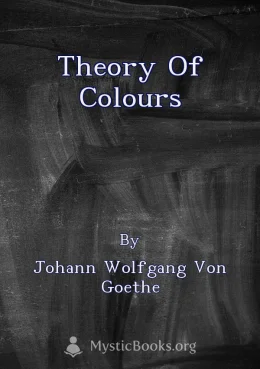
Theory of Colours by Johann Wolfgang von Goethe
Goethe's 'Theory of Colours' challenges the prevailing scientific understanding of color, particularly Newton's prism experiments. Instead of focusin...
Reviews for The Life of Reason
No reviews posted or approved, yet...